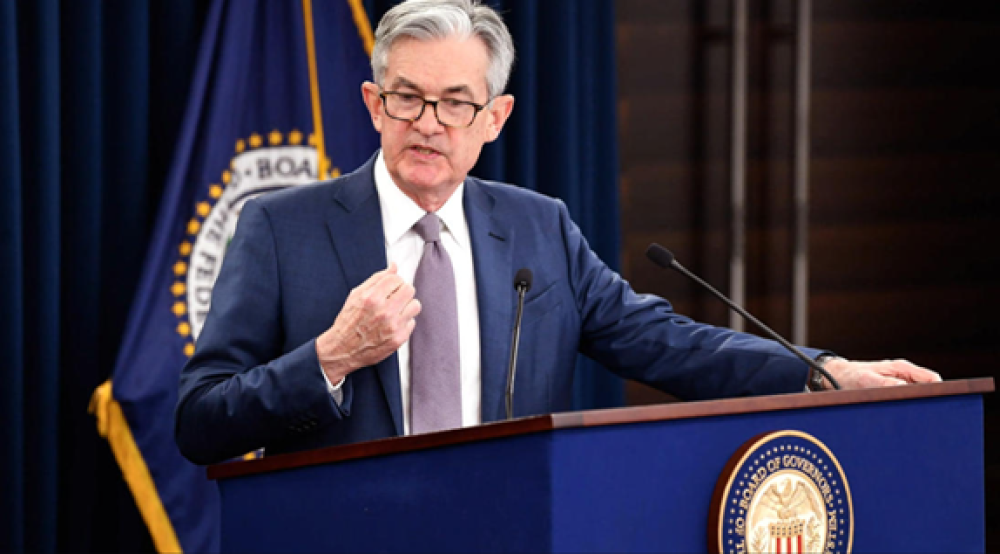All the content is provided for general information only and trade signals should not be construed as any form of regulated advice. It does not take into consideration your personal circumstances, including your investment objectives, risk profile, tax status, knowledge and understanding or financial situation. Past performance is no guarantee of future results.
The US Federal Reserve believes a historic surge in distressed American companies might worsen the US central bank’s fallout due to rate hikes. The hikes aimed to curb the inflation rate. But analysts say that nonfinancial firms’ shares in distress have attained a higher level than the previous tightening in the 1970s. Nonetheless, the plan to lower prices by raising interest rates threatens economic activities, employment, and business investment.
In other words, debt-ridden firms will balk at spending funds on ramping up production, hiring more workers, purchasing facilities, or buying new equipment. Reports show up to 37% of United States companies face financial challenges. According to a recent analysis, the rate hikes from the Federal Reserve might have caused the most devastating impacts of its borrowing cost tightening cycles through the last 40 years.
Generally, the full extent of the impacts might become clearer in one and a half years. The Federal Reserve hiked borrowing costs from an average zero to over 5% since the 2022 spring seeking to curb inflation. The spike to a 40-year high of about 9% inflation rate called for hikes since last year. After 10 consecutive borrowing cost increases, the central bank lowered the inflation rate to 4%.

In any case, the Chairman, Mr. Jerome Powell, and the Federal Reserve officials skipped another rate hike in June. They decided to leave the interest rates unchanged due to a backdrop of slowing inflation rates and the developing flaws in industries like commercial real estate and banking. Yet, Powel signaled two more rate hikes in the next months. These updates resulted in controversial statements on if the Fed is going overboard with rate hikes.
Financial experts believe that further raises on borrowing costs could tip the economy into a recession. Meanwhile, shares recorded slower activity in China & Asia through June, resulting from weaker export demand and consumer spending. Oil prices rose higher while the US future remained almost unchanged. On the other hand, stocks rose on Thursday last week due to a stronger-than-predicted US economy.
The Dow Jones Industrial Average jumped to 34,122.42 by 0.8%, while the S&P 500 increased to 4,396.44 by 0.4%. The NASDAQ composite dropped to 13,591.33 by less than 0.1%. Above all, bond market yields rose after a 2% annual rate rise in the US economy. Another analysis showed that fewer employees qualified for unemployment benefits than estimates. The lower unemployment benefits applications indicated that the job market was solid despite higher interest rates that might slow the economy.